Cannes Film Festival
Robert De Niro Slams Trump and Film Tariffs at Cannes Festival Opening
Hollywood legend Robert De Niro made waves on the opening night of the 78th Cannes Film Festival by using his lifetime achievement award speech to sharply criticise U.S. President Donald Trump and call for protests against his administration’s cultural policies. De Niro, 81, took the stage at the Grand Théâtre Lumière on Tuesday, where he accepted the prestigious honour from longtime collaborator Leonardo DiCaprio and delivered one of the evening’s most politically charged moments.
“Trump has cut funding and support to the arts, humanities, and education. And now he has announced the 100% tariff on films produced outside the U.S.,” Calling Trump a ‘philistine,’ De Niro added, ‘You can’t put a price on creativity — but apparently, you can put a tariff on it.”
The proposed Trump tariff has sparked outrage across the global film industry, raising concerns about artistic freedom, international collaboration, and economic viability for non-American films. Robert De Niro’s comments were met with both applause and tension at an event that traditionally attempts to keep politics off the red carpet. Still, the international nature of the festival and the global implications of Trump’s film tariff made it impossible to ignore.
Despite the festival’s attempts to focus solely on cinema, political undercurrents ran strong. Juliette Binoche, this year’s jury president, honoured slain Palestinian photojournalist Fatma Hassona in her opening remarks. Hassona is the subject of a documentary screening at Cannes, and her death in an Israeli airstrike highlighted the festival’s inclusion of politically resonant films from Gaza, Ukraine, and Iran.
Director Quentin Tarantino officially opened the festival with characteristic flair, ending his brief appearance with a mic drop before audiences turned to the opening screening, the French comedy Leave One Day (Partir un jour), shown out of competition.
Cannes Film Festival, famous for its glamour, was also marked by controversy over a new red carpet dress code. Organisers this year banned overt nudity and excessively long gown trains. German model Heidi Klum’s flower-petal gown narrowly passed the new guidelines, while actress Halle Berry reportedly had to change her outfit last minute to comply with the rules. Berry, who is also serving on this year’s jury, wore a chic black-and-white ensemble with no train.
Bianca Censori’s See-Through Grammys Dress Sparks Debate, But No Legal Action
Notable attendees on the red carpet included Eva Longoria, Japanese director Hirokazu Kore-eda, and American filmmaker Sean Baker, who won the Palme d’Or last year for Anora.
While the Cannes Film Festival remains a celebration of cinematic excellence, this year’s edition is already proving to be one of the most politically charged in recent memory. From red carpet fashion restrictions to global tragedies reflected on screen — and now, direct criticism of U.S. policy by one of Hollywood’s most iconic figures — the message is clear: in Cannes, art and politics are never far apart.
The festival runs until May 24, with dozens of premieres, panel discussions, and expected surprises still to come.



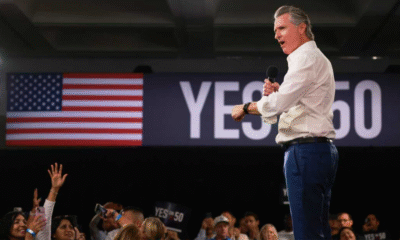
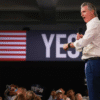




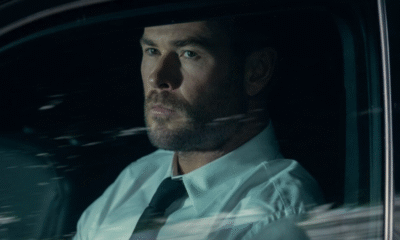



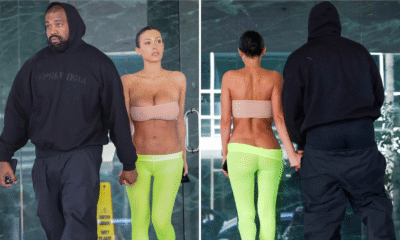
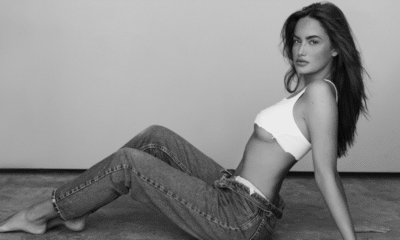
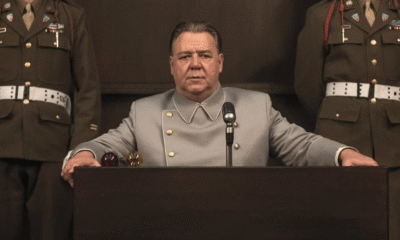
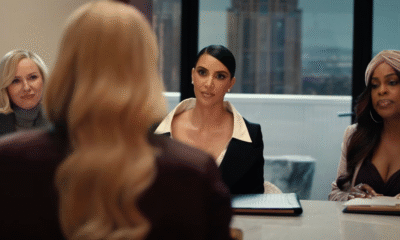
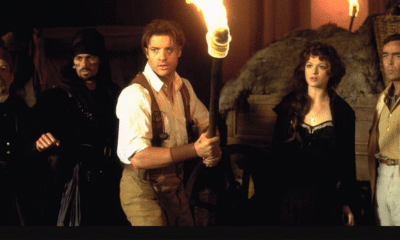








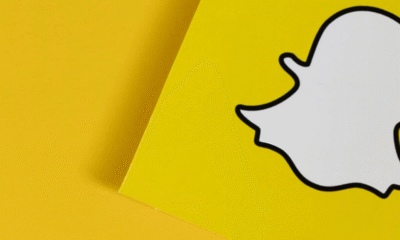

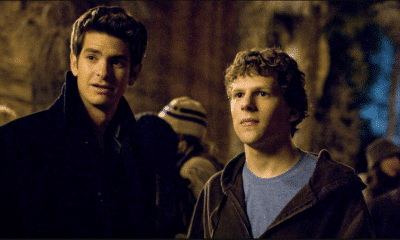









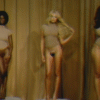


Pingback: Amazon MGM Snaps Rights to Jason Statham’s The Beekeeper 2
Pingback: Prison Cell to Palme d’Or: Iranian director Jafar Panahi at Cannes
Pingback: Robert De Niro’s $250M 'Nobu' on Princess Diana’s Loved Beach
Pingback: Donald Trump’s 100% Movie Tariff: Unending War on Hollywood